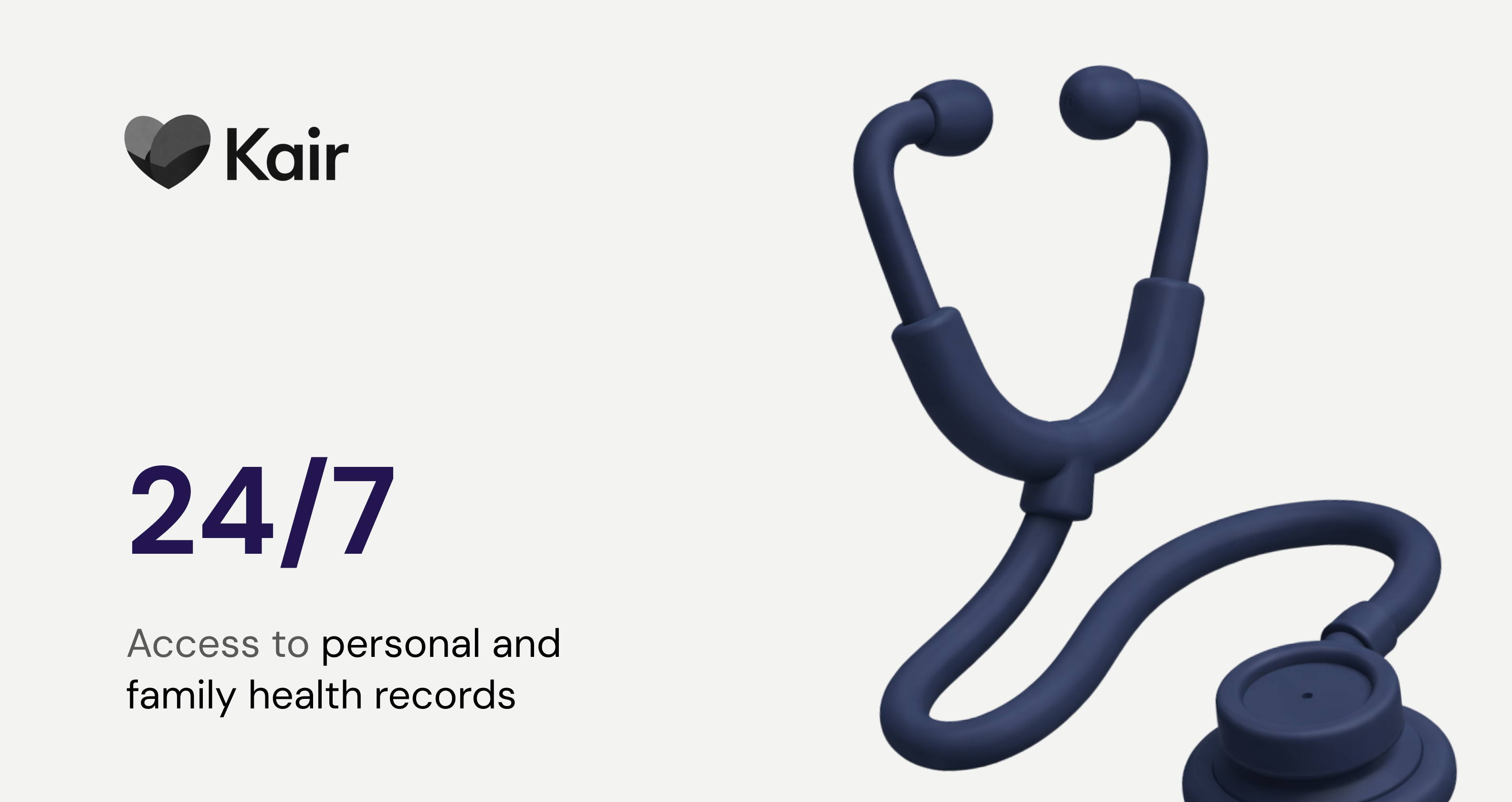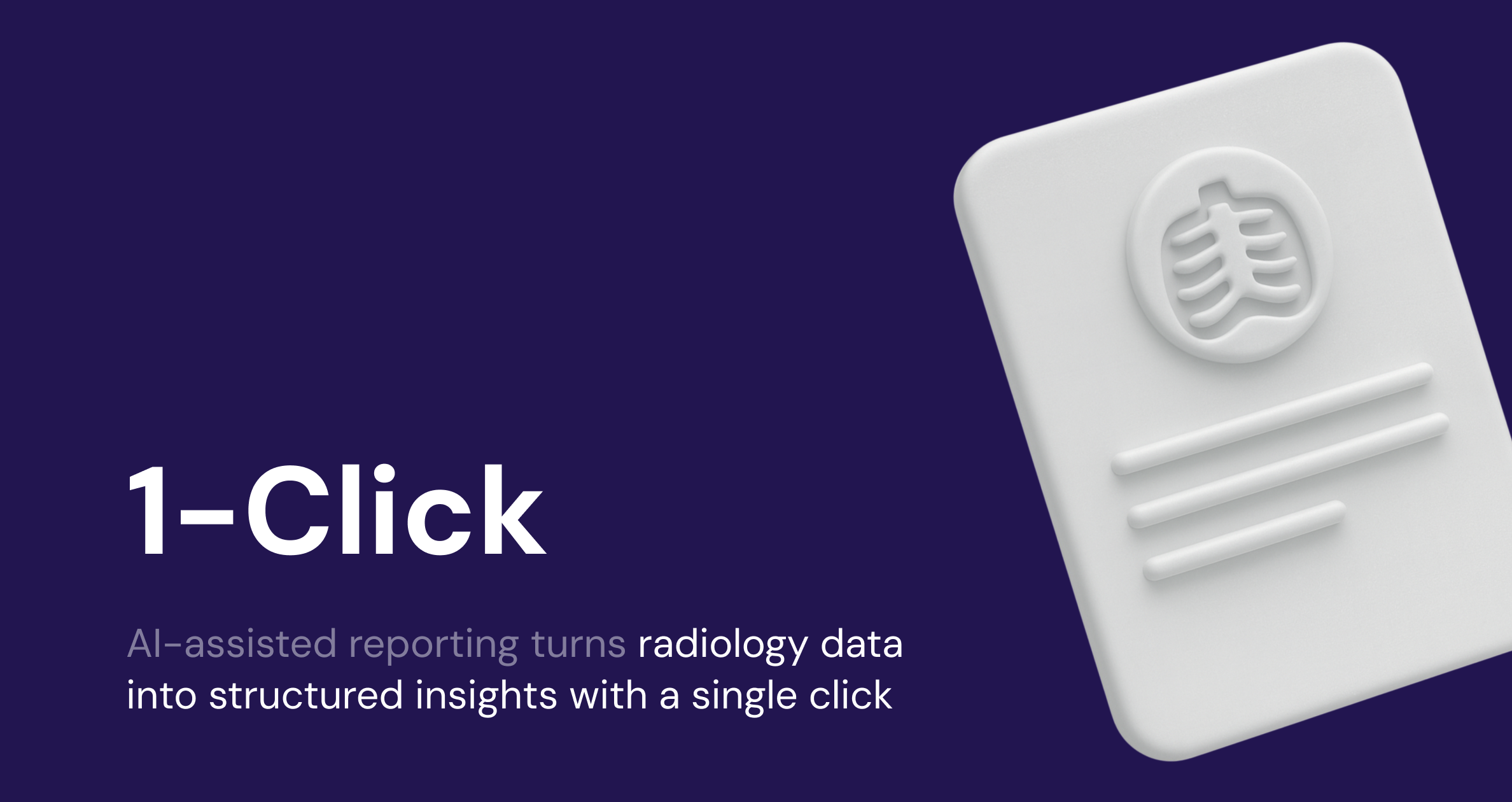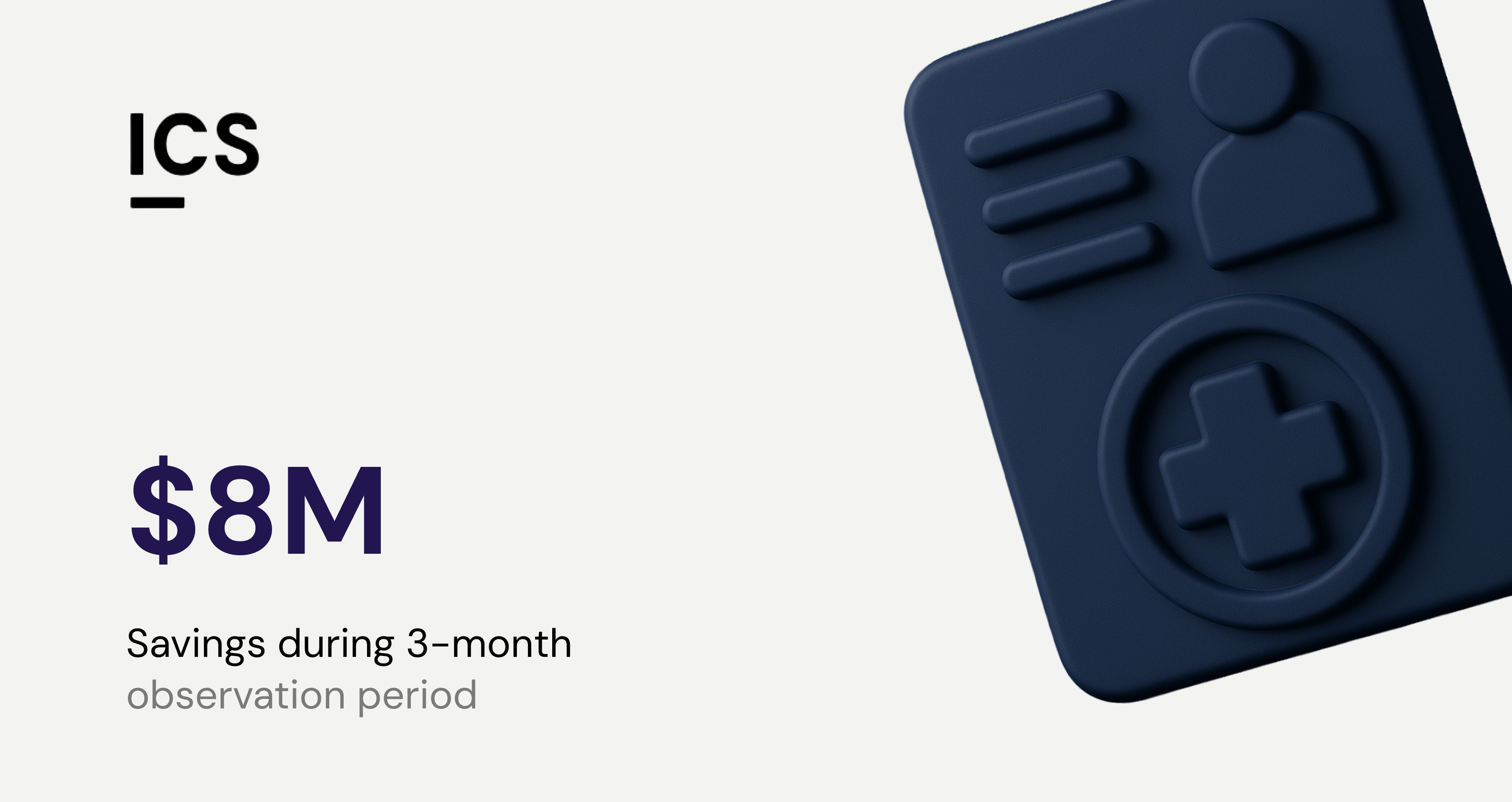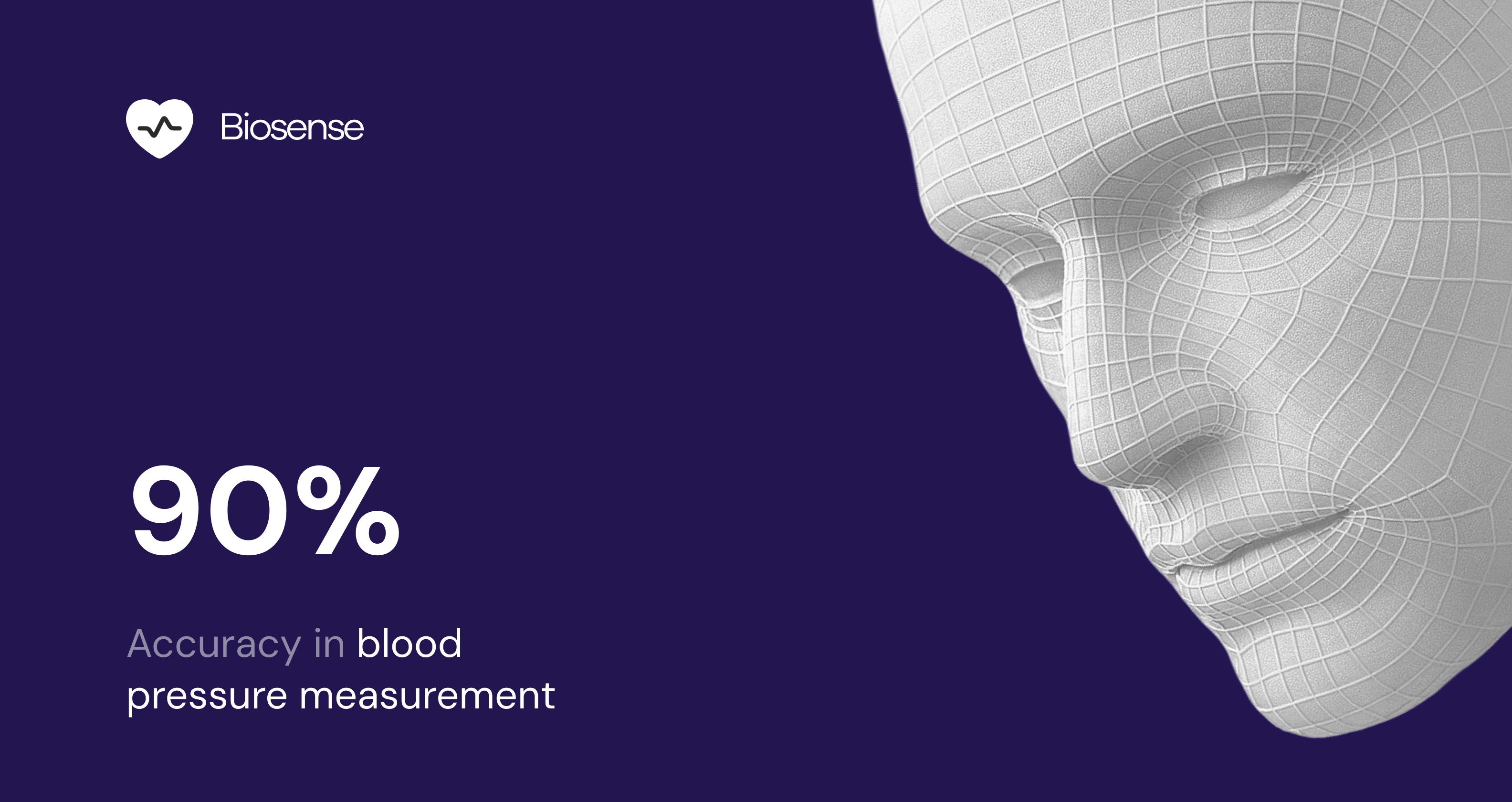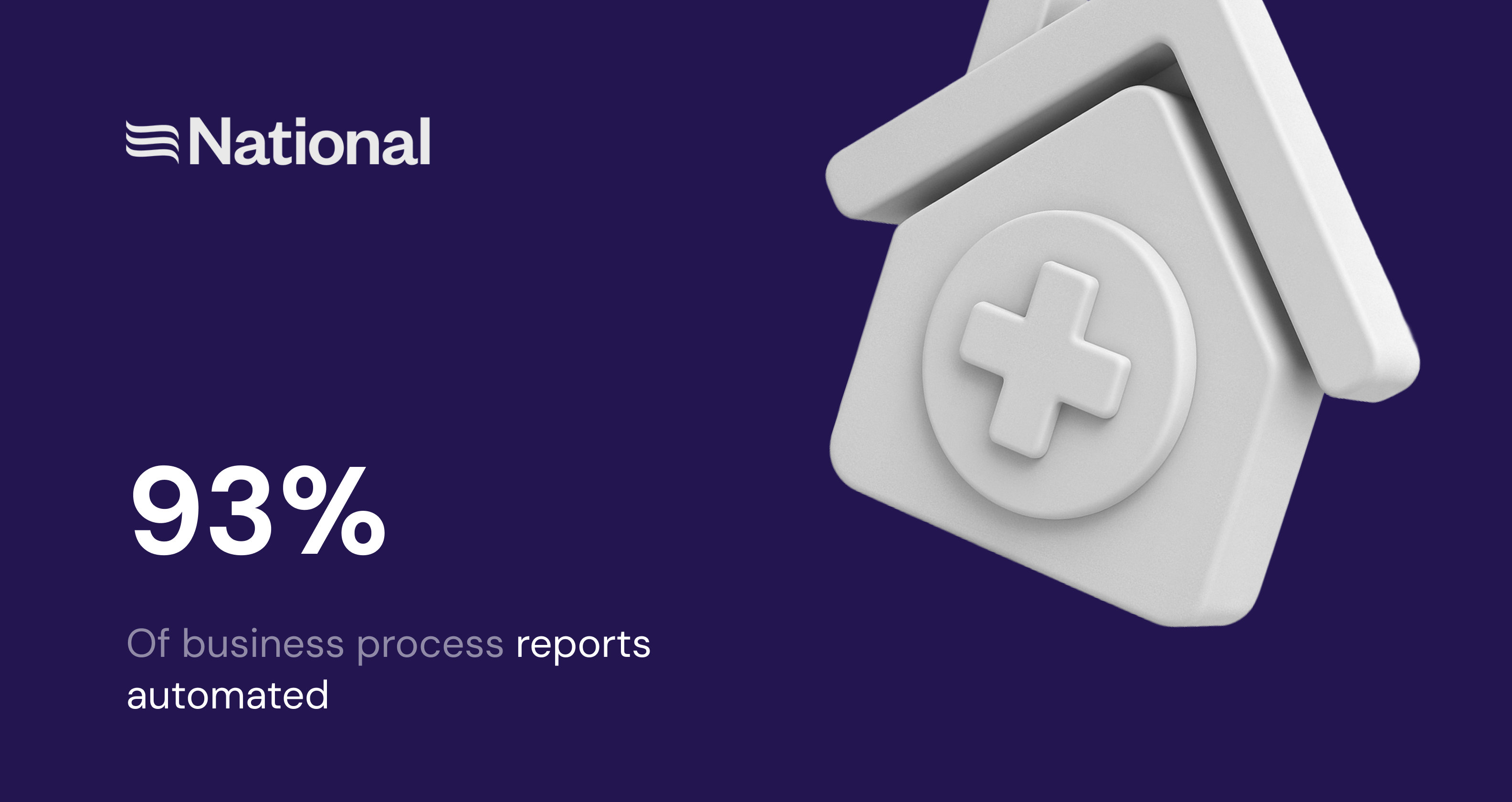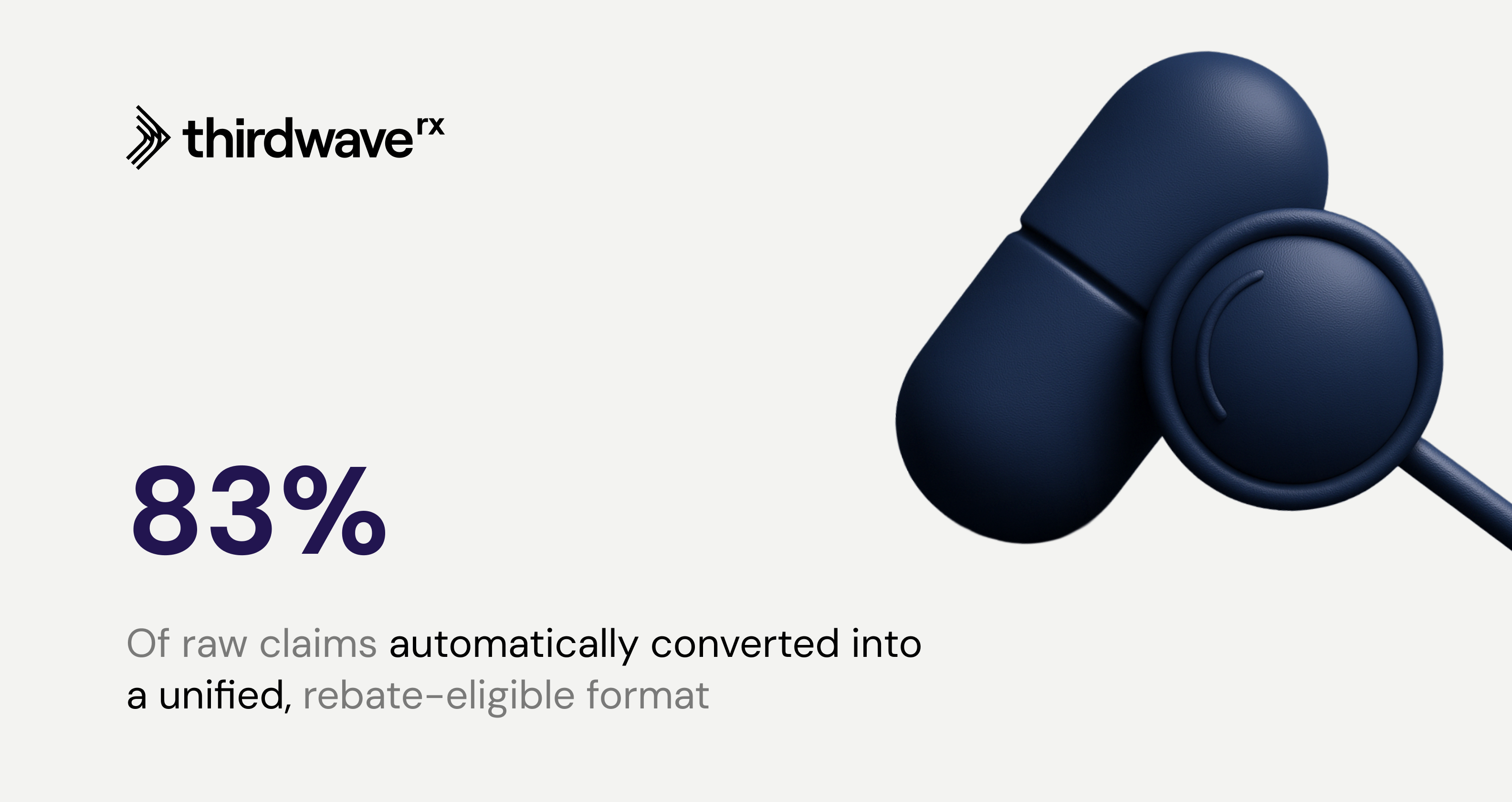This paper addresses the challenges of precise forecasting of clinical outcomes in cancer diseases using machine learning. It discusses the effectiveness of existing machine learning models for this purpose, focusing on systems that automate training, assessment, and interpretation of deep learning models. The paper highlights the use of SurvivalNet (SN) software, which is specifically designed to train and interpret deep survival models for predicting cancer disease outcomes.
Takeaways:
- The paper explores the use of machine learning to improve the precision of forecasting clinical consequences of cancer diseases.
- It points out the differences in the effectiveness of various machine learning systems in terms of prediction accuracy and automated training.
- The paper introduces SurvivalNet (SN) as a software tool that facilitates the training and interpretation of deep survival models for cancer prognosis.
- The study suggests that using specialized software like SurvivalNet can help overcome existing limitations in forecasting clinical outcomes in cancer research.
- The research highlights the potential of deep learning models to improve survival predictions, which could assist in clinical decision-making.



